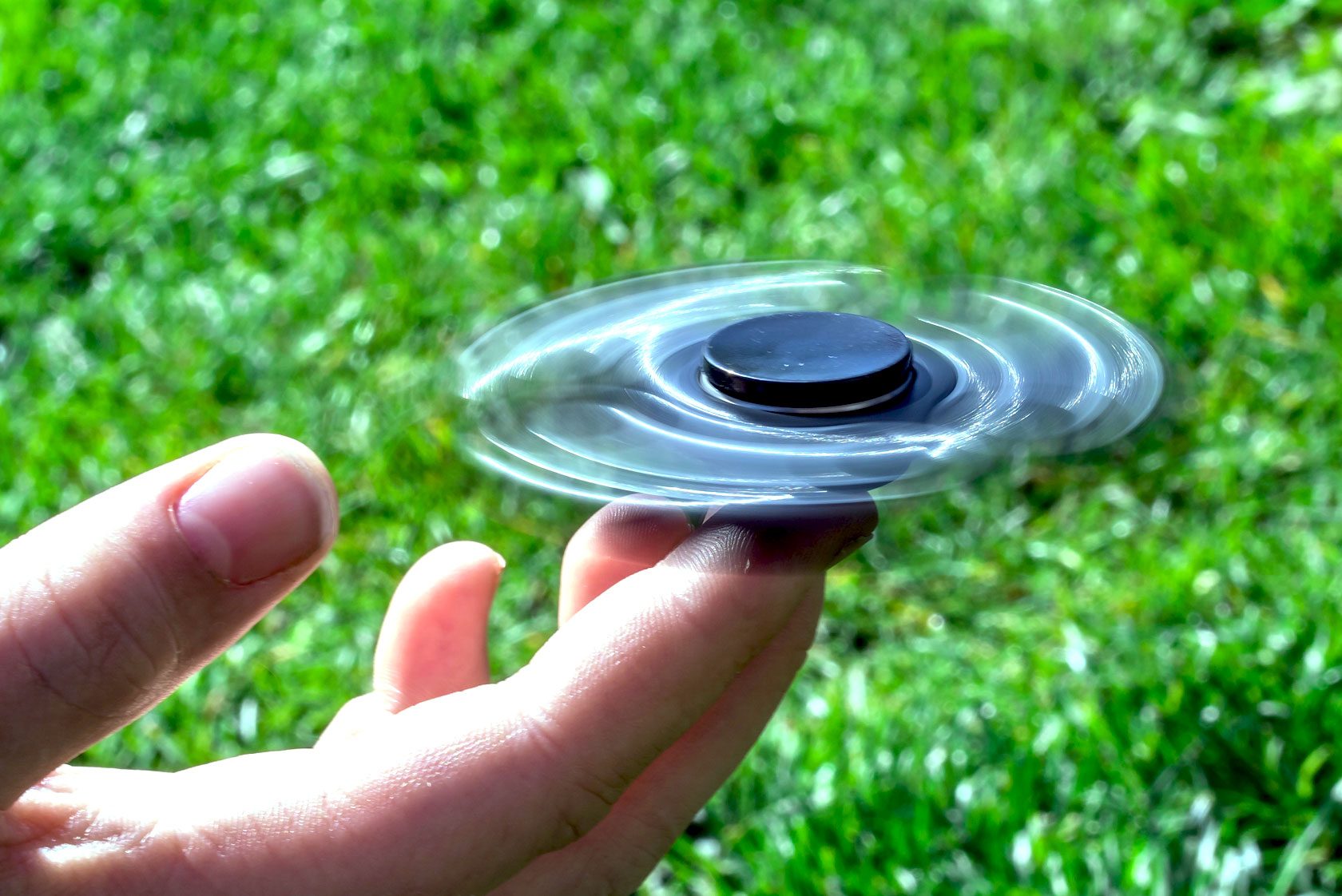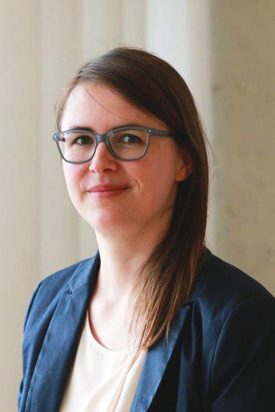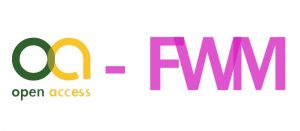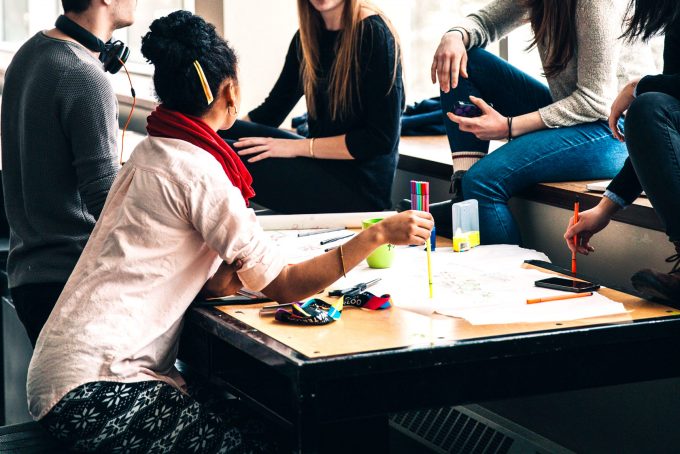
Research Project OA-FWM: How Community of Practice and Gamification Bring New Momentum to Open Access
The open access community needs a powerful base for effective action. Specialist workshops, the ongoing provision of current open access materials and a community of practice enriched with gamification elements are intended to help. What follows is an interview with project staff member Paula Bräuer on the new project “OA-FWM - Specialist OA Workshops and OA Material Preparation”.
 “Specialist OA Workshops and OA Material Preparation” (OA-FWM) is the name of a recently launched research project funded by the Federal Ministry of Education and Research (BMBF). Project partners include the Communication, Information and Media Centre of the University of Konstanz (KIM), the Göttingen State and University Library (SUB Göttingen) and the University of Kiel (CAU).
“Specialist OA Workshops and OA Material Preparation” (OA-FWM) is the name of a recently launched research project funded by the Federal Ministry of Education and Research (BMBF). Project partners include the Communication, Information and Media Centre of the University of Konstanz (KIM), the Göttingen State and University Library (SUB Göttingen) and the University of Kiel (CAU).
Paula Bräuer provides an overview of the project. She is a project collaborator from the University of Kiel and also part of the Web Science research group at the ZBW – Leibniz Information Centre for Economics.
What is the aim of the project?
The overall aim of the project is to promote open access. To this end, the existing Open-Access.net platform is to be improved. The specialist content on the Open-Access.net platform has not been regularly updated and is therefore somewhat obsolete. This is because those who are running the platform cannot afford to implement updates on their own. Specialist experts will be recruited so that existing content can be regularly updated and maintained in the future.

For this reason, the platform will be expanded to include community functionalities, beginning with three to five specialist areas. Open access specialists from the individual fields – for example, scientists and expert speakers – will be personally contactable. The goal at the end of the project, in just under two years’ time, is to have the community up and running in these three to five subjects.
The project partners from Constance will conduct interviews with people from the various specialist areas in order to determine their needs and important requirements in these areas. Later the aim is to have these people on board to create and maintain the platform’s content. Materials for specialist workshops will then be compiled based on the interviews. These materials are designed to support the workshop organisers in implementing the specialist workshops. The Göttingen State and University Library will be responsible for technical implementation and website support. Kiel will design and develop the community of practice – in other words, a knowledge community. In addition, gamification elements will be researched in order to motivate this community.
What will the community of practice look like?
We are currently working on how the community of practice will be implemented. A concept is being drawn up for this at the moment. The project will also examine how the community of practice works in combination with gamification. This is an important component because the two elements are considered individually, and so is the interaction between community of practice and gamification.
What incentives will there be to participate in maintaining content?
The aim is to use gamification as an incentive to update and expand the content on the Open Access.net platform. In this context, we are also investigating which gamification elements serve as suitable incentives. Experiments are being carried out for this purpose. By the time the Open Access Days roll around in September, a small experiment that serves as a preliminary study will have been drawn up and possibly also conducted there. The goal is to provide appropriate gamification for support purposes rather than simply using run-of-the-mill game elements.
View Comments

Promoting OER: How to Create an Open Textbook
How is a textbook developed as an open educational resource and how should open...



